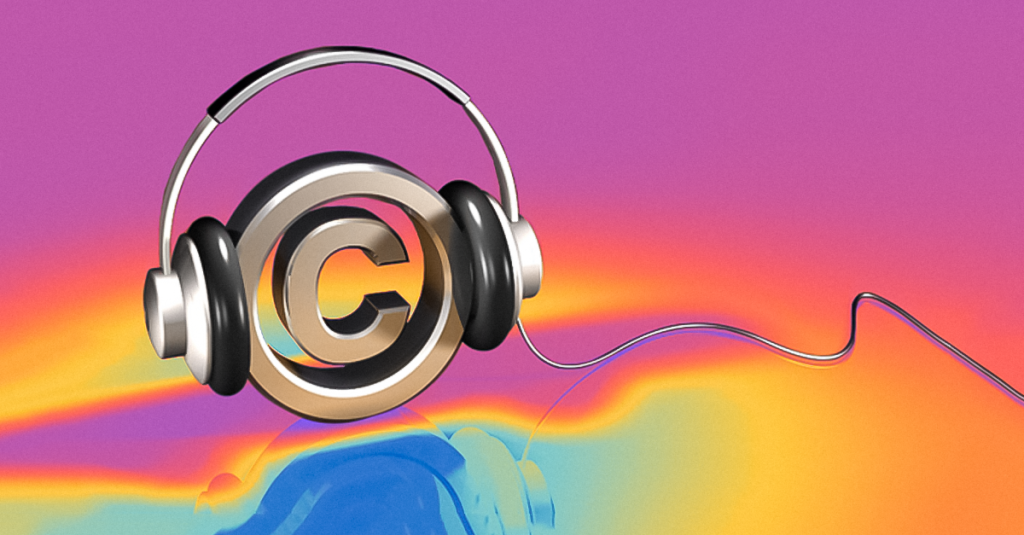Getting your music on Spotify is one thing. Getting it into a film, TV show, or ad, that’s where real opportunity begins. In 2025, music licensing has become one of the most powerful income streams for independent artists. It’s no longer just for label-backed musicians. Anyone with a great track and the right partner can turn creativity into steady revenue.
Why Licensing Is the Unsung Hero of Music Income

Streaming pays small amounts per play. Licensing, on the other hand, pays for impact. When a song appears in a Netflix trailer or a video game, it earns sync fees that can cover months of studio work.
More importantly, it’s exposure. Every sync deal means new ears and potential fans. That’s why many independent artists now treat licensing as seriously as streaming promotion.
What Makes a Good Licensing Partner
Not all licensing companies operate the same way. Some focus on short-form content for YouTubers, while others deal directly with film studios and ad agencies. The best ones for independent musicians share a few traits:
- Transparency: You always know how and where your song is used.
- Artist ownership: You keep your rights and control.
- Fair revenue split: Ideally 50/50 or better.
- Consistent placement opportunities: Across TV, streaming, gaming, and branded media.
A trustworthy platform feels like a collaborator, not a gatekeeper.
1. Artlist – The Easy Entry Point
Artlist has become a friendly hub for creators and musicians. It’s known for simplicity: clear contracts, fast payouts, and a large base of filmmakers and YouTubers. For indie artists, that means exposure to thousands of content creators who need music daily.
Its dashboard makes tracking performance simple, which is ideal for artists just starting their licensing journey.
2. Musicbed – Premium Storytelling Music
Musicbed is about quality over quantity. It works with carefully curated artists whose sound fits cinematic and emotional projects. Many placements end up in documentaries, TV series, or brand campaigns.
Getting accepted takes patience, but the exposure and royalties often make it worth the wait.
3. Pond5 – Freedom to Set Your Own Rules
Pond5 gives musicians flexibility. You can upload full songs, loops, or sound effects and even set your own prices. The platform’s global user base spans video producers, agencies, and podcasters.
For producers who create instrumental music, Pond5 remains one of the easiest ways to sell sound without middlemen.
4. Audio Network – The Professional Gateway
Audio Network works closely with major broadcasters and production houses. It’s known for reliable contracts, quick licensing turnaround, and consistent usage in TV and film.
While it’s not beginner-friendly, it offers professional credibility that can elevate your portfolio.
5. Music Vine – A Boutique Option for Indie Artists
Music Vine focuses on emerging artists and small composers. Its catalog is built on strong storytelling, with categories for mood, energy, and scene type.
It’s less about quantity and more about curating music that fits human moments, perfect for musicians who value art as much as opportunity.
How to Choose the Right Platform
Choosing depends on your goals.
If you create cinematic music, Musicbed or Audio Network might fit better. If you want flexibility, Pond5 is ideal. For consistent exposure to digital creators, Artlist offers reach.
There’s no single “best” company, only the best match for your sound and strategy.
Finding Reliable Industry Comparisons
Before committing, it helps to read breakdowns that compare how each company treats independent artists. One such resource is this detailed guide from SocialMarketing90, which reviews several major licensing platforms and explains their payout structures in simple terms.
It’s a useful reference for musicians trying to navigate the business side without getting lost in contracts.
How YouTube Is Expanding Licensing Demand
Licensing opportunities are exploding because of YouTube. Thousands of new channels, podcasts, and short-form creators need legal background tracks daily.
As we explored in How YouTube Promotion Is Changing the Music Industry, the rise of digital creators has made sync music a high-demand product. Independent artists who supply royalty-free or licensed tracks now earn steady income while building global audiences.
The Role of AI in Modern Licensing
Artificial intelligence is changing how songs are matched to projects. Some platforms now analyze rhythm, tone, and emotion to automatically connect music with the right film or brand campaign.
This means smaller artists can get discovered even if they’re not well-known, because AI doesn’t care about fame, just fit.
Tips to Get Your Songs Accepted
Licensing platforms receive thousands of submissions. To stand out:
- Tag your tracks clearly (mood, tempo, genre).
- Keep instrumental versions ready.
- Use clean metadata and original artwork.
- Avoid using unlicensed samples.
- Stay consistent, upload regularly, not once a year.
Success in licensing is about visibility and professionalism, not luck.
The Business Shift in 2025
The licensing market is maturing. Instead of chasing viral hits, many artists now build catalogs of “evergreen” tracks, songs that stay useful for ads, games, or series year after year.
Licensing platforms are also becoming more transparent, showing real-time dashboards for earnings and placements. It’s a win-win: artists trust the process, and clients get quick clearance.
When Creativity Meets Commerce
Some musicians used to see licensing as “selling out.” That idea is gone. In today’s industry, licensing is creative entrepreneurship. It’s about finding new homes for your sound, not giving it away.
A well-placed track can open career doors, build collaborations, and even inspire your next song.
Final Thoughts
Licensing is no longer a side hustle. It’s one of the smartest paths to independence for modern musicians. With the right company, your music can reach audiences you never imagined, and pay you fairly for every play.
If you’re curious how this connects to the broader shift in streaming and digital revenue, check out The Future of Music Streaming Platforms in 2025 on YMLP204. It’s all part of the same story: technology empowering artists to own, earn, and grow on their own terms.

